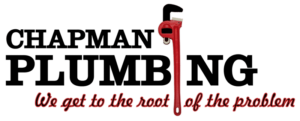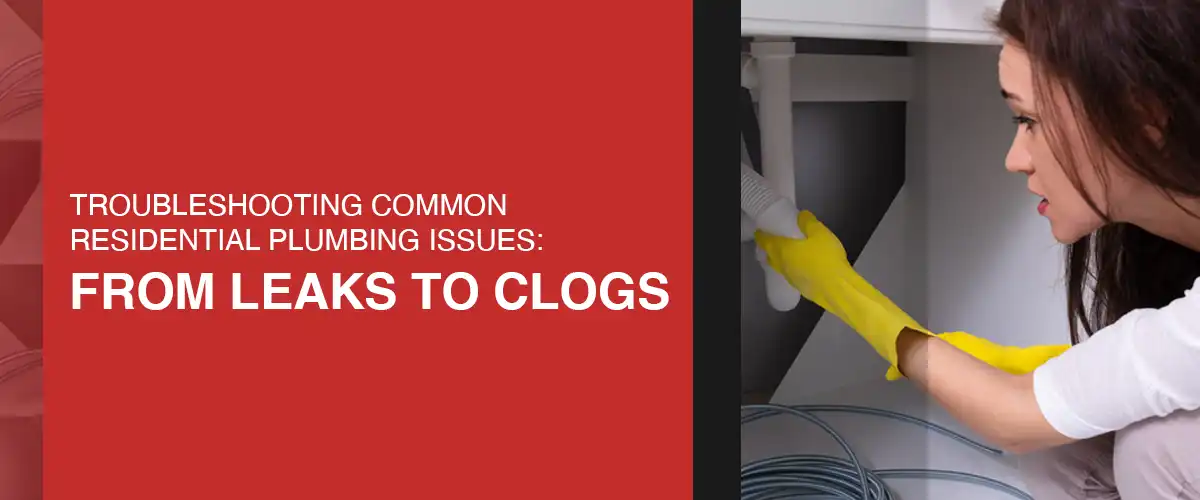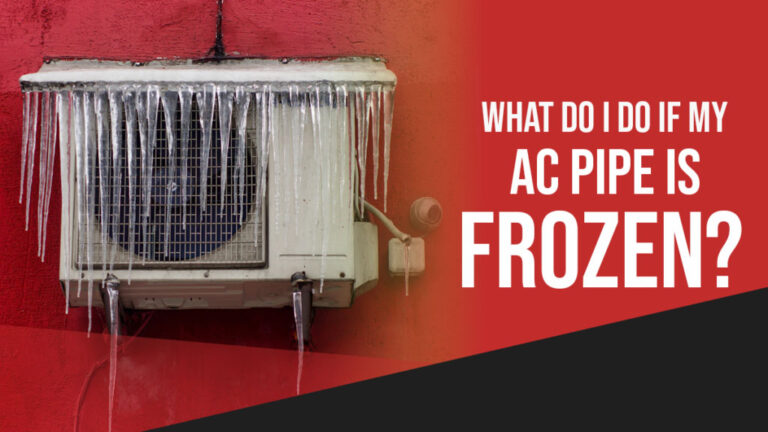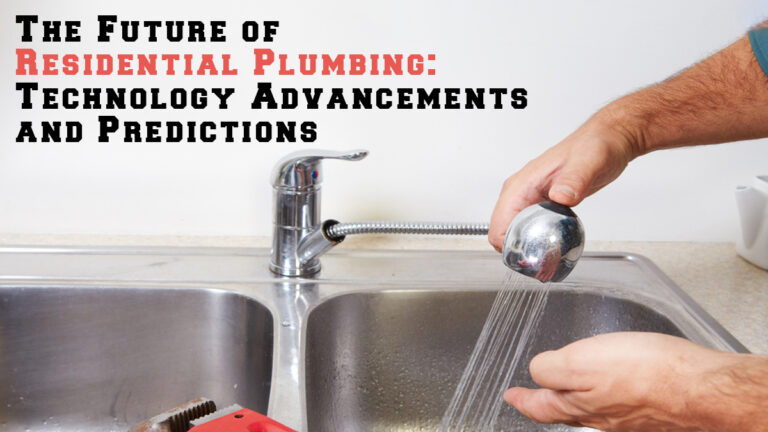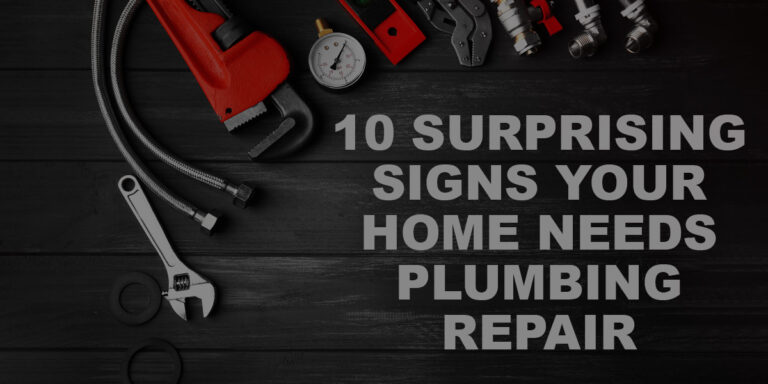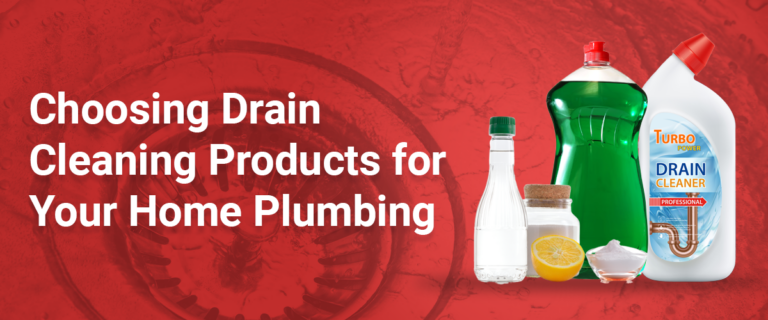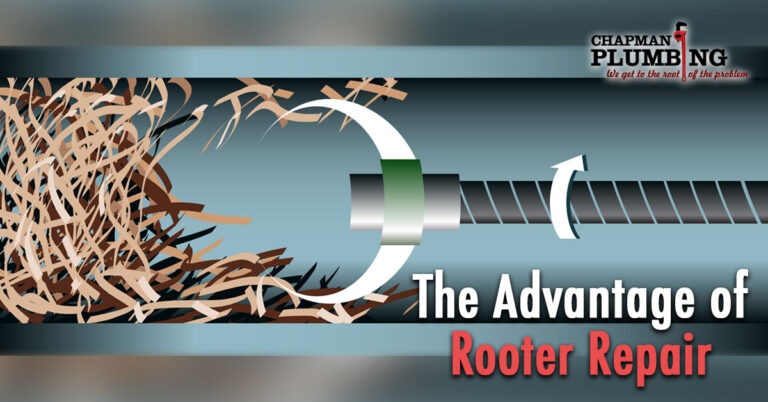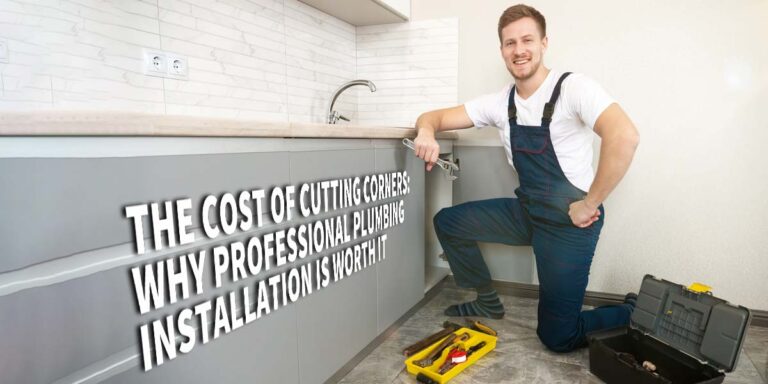Troubleshooting Common Residential Plumbing Issues: From Leaks to Clogs
Are you prepared for the potential chaos from a single plumbing issue in your home? Imagine waking up one day to a burst pipe, water flooding your floors, and the resulting mess of damage and expenses spiraling out of control. It’s a homeowner’s worst nightmare, and no one wants to go through such a distressing experience. That’s precisely why it is of utmost importance to have a solid understanding of common residential plumbing issues and the ability to troubleshoot them effectively. Doing so can maintain a safe, functional, and stress-free living environment.
Moreover, this comprehensive guide will delve into the depths of leaks, burst pipes, and clogs, equipping you with the knowledge and tools to tackle these challenges confidently. Prepare to enter the realm of residential plumbing problem-solving and finally say goodbye to sleepless nights and plumbing nightmares!
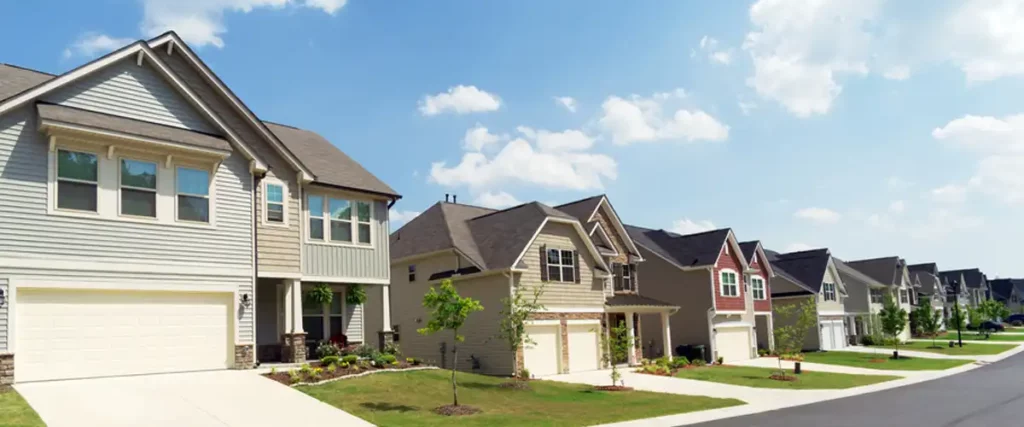
Common Residential Plumbing Issues
Residential plumbing systems can face various challenges that disrupt daily life and potentially cause extensive damage. Understanding the common issues homeowners encounter is essential for prompt detection and effective troubleshooting. These are the common plumbing problems equipping you with the knowledge to tackle them head-on:
1. Leaks
Leaks are the most prevalent plumbing issues in residential buildings. These can happen for various causes, including worn-out seals, unsecured connections, or broken pipes. Detecting leaks early on is essential to prevent water damage and mold growth.
To detect leaks, look out for the following signs:
- Dripping sounds or visible water stains.
- Unusually high water bills.
- Wet spots on walls, floors, or ceilings
Fixing leaks can be done through the following solutions:
- Tightening loose connections.
- Repairing or replacing damaged pipes.
- Applying plumber’s tape or pipe sealant.
2. Burst Pipes
Burst pipes are a serious plumbing emergency that can lead to significant water damage and disruption. They often occur due to freezing temperatures, excessive water pressure, or aging pipes.
To detect burst pipes, watch out for the following signs:
- A sudden decrease in water pressure.
- Water discoloration or unusual smells.
- Puddles or water gushing from walls or ceilings
Fixing burst pipes requires immediate action and professional assistance. Here are some solutions:
- Shut off the main water supply.
- Drain the affected pipes to minimize further damage.
- Contact a skilled plumber to repair or replace the ruptured part.
3. Clogs
Clogged drains are a common nuisance in residential plumbing systems. They can occur due to the accumulation of hair, grease, soap residue, or foreign objects in pipes and drains.
To detect clogs, observe the following indicators:
- Slow drainage or standing water in sinks, tubs, or toilets.
- Gurgling sounds from drains.
- Foul odors emanating from drains.
Fixing clogs can be done using these solutions:
- Use a plunger to dislodge minor clogs.
- Employ a plumbing snake to remove stubborn blockages.
- Utilize natural or commercial drain cleaners as a last resort.
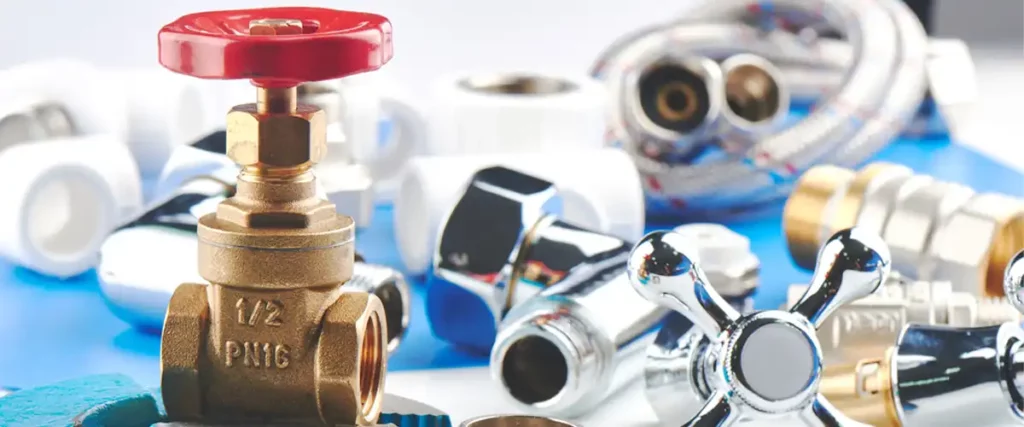
Tools and Equipment for Troubleshooting
Tools and equipment are essential for effectively troubleshooting common residential plumbing issues. The following tools enable you to detect and address leaks, burst pipes and clogs with precision and ease:
1. Water Pressure Gauge
A water pressure gauge is invaluable for measuring and monitoring the water pressure in your plumbing system. Additionally, it allows you to identify potential issues caused by excessive strain, such as leaks or burst pipes.
2. Pipe Wrench
A pipe wrench is essential for tightening or loosening pipes and fittings. Moreover, it provides a firm grip and leverage, making repairing or replacing damaged components much more manageable.
3. Plunger
A plunger is a versatile tool to unclog sinks, toilets, and showers. Furthermore, it creates suction to dislodge blockages and restore proper drainage.
4. Plumbing Snake
A plumbing snake, or a drain auger, is a highly effective tool for removing stubborn clogs deep within pipes. Likewise, it features a long, flexible cable that can effectively navigate bends and obstacles to clear blockages.
5. Caulking Gun
A caulking gun is a handy tool that precisely applies caulk or sealant around fixtures, joints, and gaps. Besides, it helps prevent water leaks and moisture damage in bathrooms and kitchens by providing a watertight seal.
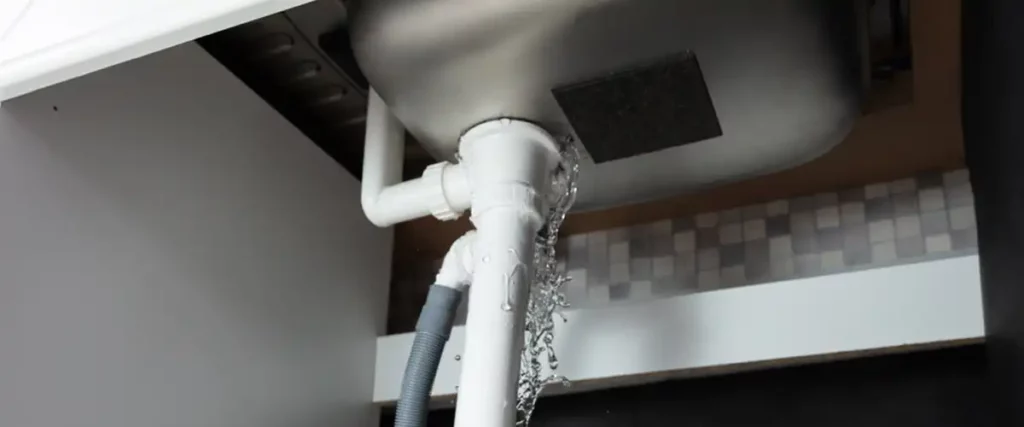
Prevention Tips for Residential Plumbing Issues
Maintaining a well-functioning plumbing system requires proactive measures to prevent common issues. By implementing these prevention tips, you can minimize the risk of leaks, burst pipes, and clogs, ensuring a smooth and problem-free plumbing experience. Here are some helpful tips below:
1. Minimizing Water Pressure
Installing a water pressure regulator is essential to minimize the risk of strain on your pipes and prevent leaks and bursts. Doing so can maintain optimal pressure levels, reducing unnecessary stress on your plumbing system.
2. Regular Plumbing Maintenance
Engaging in regular inspections conducted by a skilled plumber proves to be one of the most effective approaches for preventing plumbing issues. You can proactively identify and address potential problems by arranging frequent inspections before they escalate. During these inspections, the plumber can check for leaks, detect hidden issues, and ensure your plumbing system functions efficiently.
3. Proper Disposal of Waste
Proper waste disposal is crucial to prevent clogs and blockages in your drains. It also involves refraining from disposing of grease, food scraps, or non-biodegradable items down the drain or toilet. Instead, consider using drain filters or screens to catch debris and encourage responsible waste disposal practices.
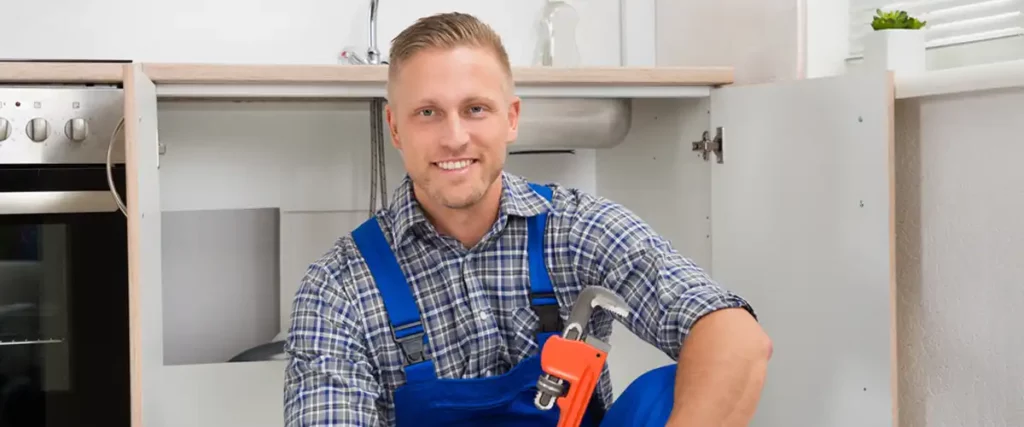
Hiring a Professional Plumber
Knowing when to hire a professional plumber is crucial for complex or extensive plumbing problems. Moreover, signs that indicate the need for professional assistance include persistent leaks, recurring clogs, or a sudden drop in water pressure.
When hiring a plumber, asking about their experience, licensing, and insurance coverage is essential. Additionally, inquire about their pricing structure and request references from previous customers. Indeed, a reputable plumber should provide transparent information and excellent customer service.
Upon contacting a professional plumber for Residential Plumbing in Alabama, you can rest assured that they will promptly and proficiently address your plumbing challenges, offering you a sense of tranquility. Likewise, they bring expertise, specialized tools, and industry knowledge to tackle complex problems. Indeed, choosing a licensed and insured plumber with a solid reputation and transparent pricing ensures quality and protects you from potential liabilities. In addition, feel free to contact the plumber’s references to obtain additional trust in their expertise. When it comes to intricate plumbing problems, entrusting the task to a professional is undoubtedly the wisest choice you can make.
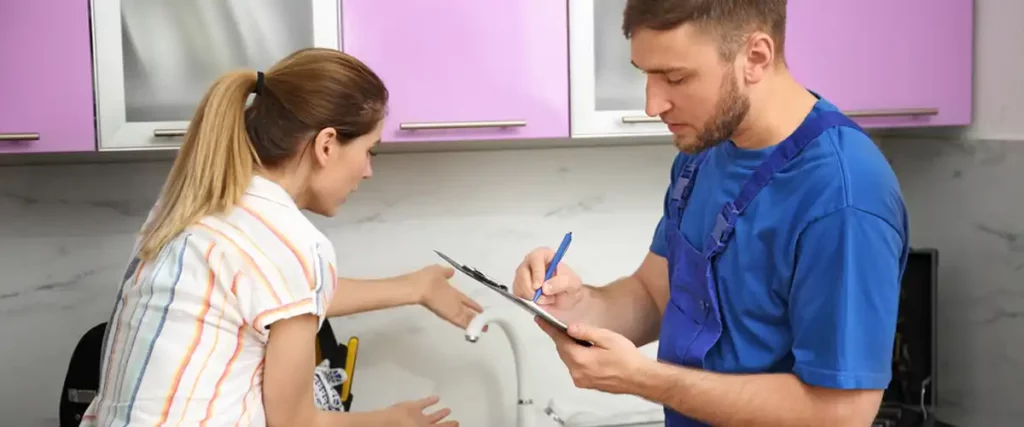
The Power to Maintain Plumbing Harmony!
In summary, knowledge and preparedness in residential plumbing are paramount in avoiding stress, costly repairs, and sleepless nights. By understanding common issues like leaks, burst pipes, and clogs, equipping yourself with the right tools, practicing preventative measures, and knowing when to call in a professional, you can maintain a healthy and efficient plumbing system in your home.
Would you take responsibility for your home’s plumbing, equipped with the understanding and equipment needed to repair problems and preserve the system’s longevity? Your hands have the power to keep your home running smoothly and efficiently. So, don’t wait for the following plumbing disaster—empower yourself with the correct information and proactive habits for a worry-free plumbing experience.
